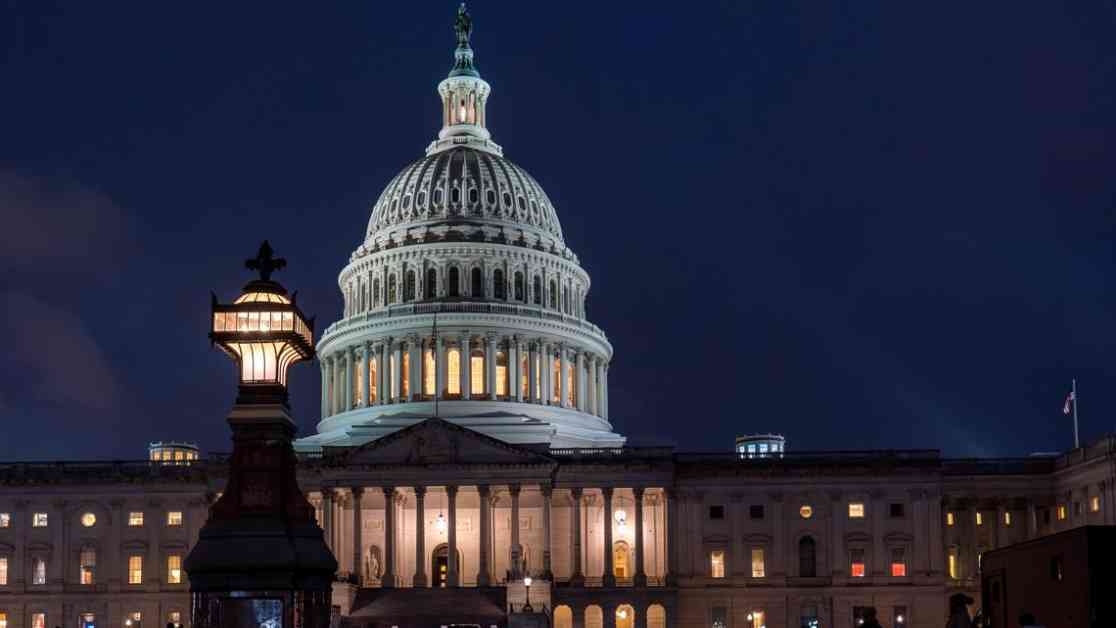President Joe Biden signed a critical bill on Saturday, averting a looming government shutdown just in time for the holidays. The legislation, passed after much controversy and negotiation in Congress, ensures that the government will continue operating at current levels through March 14. Additionally, the bill allocates $100 billion in disaster aid and $10 billion in agricultural assistance to support farmers across the country. This move comes after a tumultuous week in Washington, marked by intense debates and last-minute demands from former President Donald Trump.
Bipartisan Efforts Lead to Critical Agreement
House Speaker Mike Johnson, R-La., played a crucial role in navigating the complex negotiations to avoid a government shutdown. Despite facing pressure from various quarters, Johnson’s revised plan received overwhelming support in both the House and the Senate. The final agreement, approved by a bipartisan majority, was hailed as a significant victory for ensuring the smooth functioning of federal operations.
Challenges and Compromises
The negotiations leading up to the passage of the bill were fraught with challenges, with Trump’s unexpected debt limit demand adding further complexity to the situation. Johnson, faced with the difficult task of balancing competing interests within his party, managed to secure a compromise that averted a potential crisis. While some Republicans expressed reservations about the bill’s deficit spending, the broader consensus favored ensuring the government’s continued operations.
Looking Ahead
As the political landscape evolves, with the House set to elect a new speaker in the coming year, questions linger about the future direction of federal governance. The delicate balance of power between Republicans and Democrats, highlighted by the need for bipartisan cooperation on critical issues, underscores the challenges facing lawmakers in the months ahead. With the federal debt reaching unprecedented levels and key decisions on the horizon, the path forward remains uncertain but requires a concerted effort to address pressing national priorities.
In conclusion, President Biden’s decisive action in signing the bill reflects a commitment to stability and continuity in governance, setting the stage for further deliberations on key policy matters in the new year. The collective efforts of lawmakers, guided by a spirit of bipartisanship and compromise, have averted a potential crisis and paved the way for a more constructive dialogue on the future of federal operations. As the nation prepares to enter a new phase of governance, the lessons learned from this episode underscore the importance of collaboration and shared responsibility in shaping the country’s trajectory.









